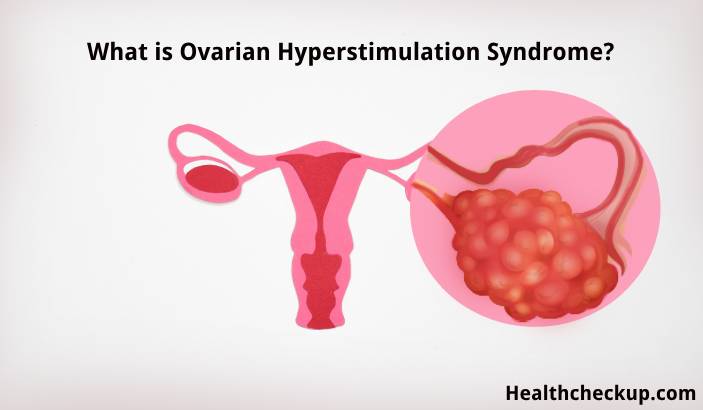Carpal Tunnel Syndrome (CTS) is a common condition characterized by numbness, tingling, and pain in the hand and arm due to compression of the median nerve within the carpal tunnel. However, because its symptoms overlap with various other conditions, CTS is frequently misdiagnosed. Two conditions that are often mistaken for CTS are Rheumatoid Arthritis (RA) and Tendonitis.
Rheumatoid Arthritis (RA)
Overview
Rheumatoid Arthritis is a chronic inflammatory disorder that primarily affects the joints. It can cause painful swelling, stiffness, and loss of function in the joints, particularly those in the hands and wrists. RA is an autoimmune disorder, meaning the immune system mistakenly attacks healthy tissue.
Symptoms
- Joint Pain and Swelling: Particularly in the wrists and fingers.
- Morning Stiffness: Stiffness in the joints, especially in the morning or after periods of inactivity.
- Symmetrical Symptoms: Symptoms typically affect both sides of the body equally.
- Fatigue and Fever: General tiredness and occasional fever.
- Rheumatoid Nodules: Firm lumps under the skin near affected joints.
Causes
- Autoimmune Reaction: The immune system attacks the synovium, the lining of the membranes that surround the joints.
- Environmental Factors: Smoking and exposure to certain infections and environmental toxins can trigger RA in genetically susceptible individuals.
Diagnosis
- Physical Examination: Assessment of joint swelling, redness, and warmth.
- Blood Tests: Elevated erythrocyte sedimentation rate (ESR) or C-reactive protein (CRP)
- Imaging Tests: X-rays, MRI, or ultrasound to check for joint damage and inflammation.
Treatment
- Medications: Nonsteroidal anti-inflammatory drugs (NSAIDs), corticosteroids, disease-modifying antirheumatic drugs (DMARDs), and biologic agents.
- Physical Therapy: Exercises to maintain joint flexibility and muscle strength.
- Surgery: Joint repair or replacement in severe cases.
Tendonitis
Overview
Tendonitis is an inflammation or irritation of a tendon, the thick fibrous cords that attach muscle to bone. It commonly affects the tendons of the shoulder, elbow, wrist, and heel, leading to pain and tenderness just outside a joint.
Symptoms
- Pain and Tenderness: Typically at the site of the tendon and surrounding area.
- Swelling: Mild swelling may be present.
- Limited Movement: Pain worsens with movement or activity.
- Stiffness: Especially in the morning or after periods of rest.
Causes
- Overuse: Repetitive movement or overuse of a tendon.
- Injury: Sudden injury or trauma to the tendon.
- Age: Tendons become less flexible with age, increasing the risk of tendonitis.
- Medical Conditions: Conditions such as diabetes and rheumatoid arthritis.
Diagnosis
- Physical Examination: Checking for tenderness, swelling, and range of motion.
- Imaging Tests: Ultrasound or MRI to view inflammation and damage to the tendon.
Treatment
- Rest: Avoiding activities that aggravate the condition.
- Ice: Applying ice packs to reduce swelling and pain.
- Medications: NSAIDs to reduce pain and inflammation.
- Physical Therapy: Stretching and strengthening exercises.
- Corticosteroid Injections: To reduce inflammation in severe cases.
- Surgery: Rarely needed, but is considered if the tendon has torn or if conservative treatments fail.
Comparative Analysis
Below is a comparative analysis of Carpal Tunnel Syndrome, Rheumatoid Arthritis, and Tendonitis, highlighting key differentiating factors:
| Feature | Carpal Tunnel Syndrome | Rheumatoid Arthritis | Tendonitis |
|---|---|---|---|
| Primary Symptom Location | Hand and wrist | Joints, especially hands and wrists | Tendon sites (shoulder, elbow, wrist, heel) |
| Common Symptoms | Numbness, tingling, hand pain | Joint pain, swelling, morning stiffness | Pain, tenderness, swelling, limited movement |
| Cause | Median nerve compression | Autoimmune reaction | Overuse, injury, age |
| Triggering Activities | Repetitive hand use | N/A | Repetitive movements, overuse |
| Diagnostic Tests | Nerve conduction studies, EMG | Blood tests, imagin | Physical exam, ultrasound, MRI |
| Treatment | Splints, medications, surgery | Medications, physical therapy, surgery | Rest, ice, medications, physical therapy, injections |
Conclusion
Misdiagnosis of Carpal Tunnel Syndrome can lead to ineffective treatment and prolonged discomfort. Rheumatoid Arthritis and Tendonitis are two conditions that share several symptoms with CTS but differ significantly in their causes, diagnosis, and treatment. Proper diagnosis is crucial for effective management and relief of symptoms. If you experience persistent symptoms similar to those described, it is essential to consult a healthcare professional who can conduct thorough examinations and appropriate diagnostic tests to ensure an accurate diagnosis and treatment plan.
I specialize in writing about health, medical conditions, and healthcare, drawing extensively from scientific research. Over the course of my career, I have published widely on topics related to health, medicine, and education. My work has appeared in leading blogs and editorial columns.









